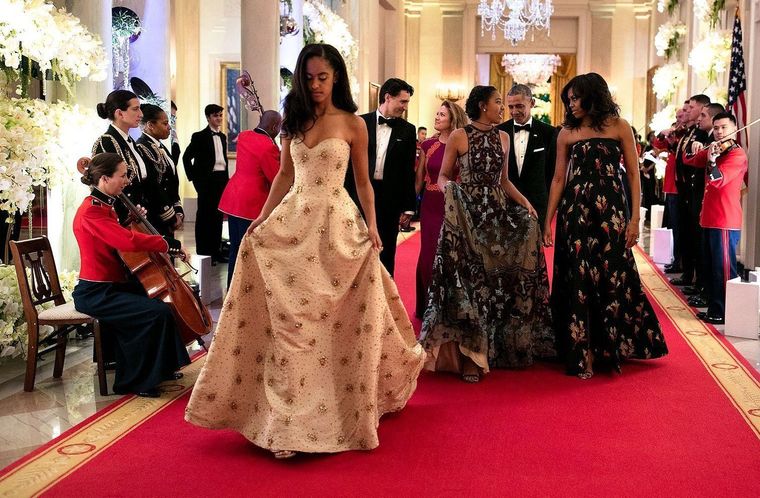
This month marks the official countdown to the last nine months of the Obama presidency. There are 290 days to be exact until we inaugurate a new president on Friday, Jan. 20, 2017. What do these last months mean for Black America? What does it mean for the country?

— Image Source: Official White House Photo by Pete Souza
Since the beginning of the Obama presidency, we have come accustomed to major African-American celebrities such as Oprah Winfrey, Sidney Poitier, Usher, Michael Strahan, Jada and Will Smith, and the lists goes on and on. We are also used to seeing our First Couple dance, not just to traditional music with ease, but more “off-presidential” music such as R&B, jazz and gospel and not only have we seen them dance to the latest tunes, we have also seen close-ups of the First Couple lip-syncing the music. This is also new, but has also become the norm. But has it?
Is the new norm seeing a Black First Family in the White House? Of course not, and based on the “bench” of up and coming Black politicians, I dare say we may have to wait another decade and maybe even longer before we see the flesh tone similar to Barack and Michelle Obama. For the unfortunate truth is that the Obamas are the exception and not the norm. The last nearly eight years have been moments in time, that although are euphoric, do not give license to rest on the advancement of Black Americans.
In fact, with the rise of the Black Lives Matter movement, the brighter spotlight on criminal justice reform and with Black unemployment still twice the national average at 8.8 percent, there is still a lot of work to do. With HBCUs holding on by a thread and the threat of our inner cities being placed on the back burner for other national priorities, we cannot as a community assume that Black advancement stops because we will no longer have representation in the White House. In fact, when the Obamas leave the White House, we have to redouble our efforts and to even recalibrate our thinking about not only how we put African-American issues back front and center, but how we lay the ground for other Barack and Michelle Obamas in both political parties to step onto the national stage, sooner rather than later.
My point simply is that we have a lot to be proud of that we have a First Family that looks like us and we should celebrate that and reflect on that for the next nine months; but to suggest that our work is done from a cultural and social movement point of view is dead wrong. In fact, we as a Black society are just beginning.